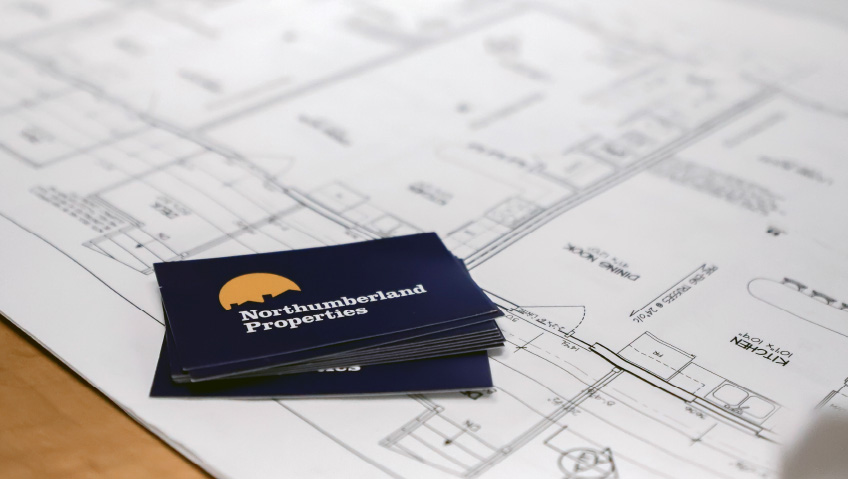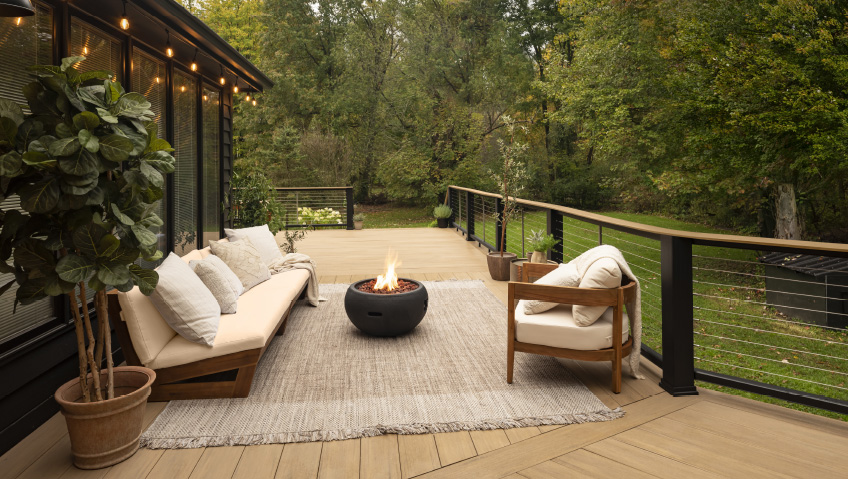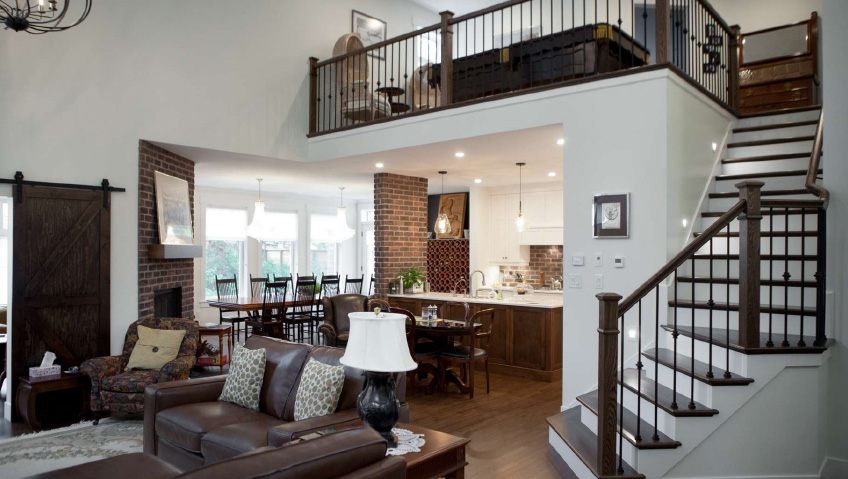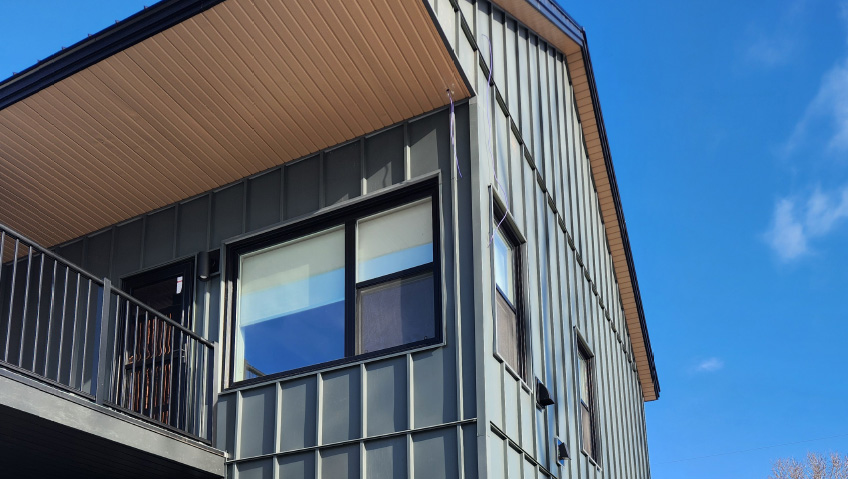Lochsa Engineering in Las Vegas, Nevada and Boise, Idaho is not your standard engineering firm. As a dynamic company with a fine touch for modular manufacturing, producing buildings as large as one million square feet, the company has become as enduring as the northwestern river it took its name from. Translating to “rough waters” from the Nez Perce language, Lochsa Engineering is a trusted industry partner that has successfully navigated its fair share of challenging conditions in its 30 years in business.
As a result of this tenacity, the company has established a reputation for excellence and innovation across the United States and Canada, serving schools, correctional facilities, workforce housing, medical facilities, and more. Collaborating with top modular fabricators, Lochsa Engineering knows how to deliver superior service, something the founders have cultivated since the early days.
Lochsa Engineering started out in a garage with a couple of young engineers and a few good ideas. Now-retired President Mark Hedge, a civil engineer, founded Lochsa in Las Vegas in 1995 alongside his business partner, the late Jess Haldeman, a structural engineer. Together, the two newly qualified professionals set out to make their mark on the Las Vegas skyline.
Landing their first contract for work on a notable casino project complete with a tower, the duo built the company into a powerhouse employing approximately 175 staff members in the Las Vegas office alone. “[Our founders were] great visionaries. Mark’s still a mentor to me,” says Riley Mahaffey, P.E., Principal in charge of Marketing and Business Development. Today, the Las Vegas branch continues to offer a full spectrum of civil engineering services, including flood control and civil land development with teams of structural engineers, transportation engineers, and survey crews.
With help from the Las Vegas office in 2003, Mahaffey established the Idaho office, eventually becoming partners with Jared Keller, S.E./P.E., who is the current President of Lochsa. This office focuses on nationwide structural engineering, building information modeling (BIM), and virtual design coordination (VDC). “It’s been a great collaboration. In 2020, we were acquired by an investment group,” Mahaffey says of the company’s current position within the larger group of companies belonging to Fremont Wright Collaborative, which holds around 10 firms and over 600 staff members.
One of its senior members leading modular engineering at the firm, David Butler, P.E., a professional engineer and senior structural project manager, joined the company in March 2020. It was not long into his tenure that Butler discovered that what he had thought of as perhaps an overly diverse field of experience had, in reality, acted as the perfect preparation for his position at Lochsa Engineering.
Starting his career in utilitarian structures, he moved to automotive manufacturing facility improvement, followed by a stretch designing 45-foot RVs. This was followed by a structural engineering position in manufacturing. “All of these things that I learned, without even realizing, set me up to take on volumetric modular work specifically,” he says of what can be a challenging field.
In all its work, Lochsa Engineering aims to exceed expectations and to make its employees and customers alike feel valued, supported, and respected. “We want every employee and every client to know that they’re valued here,” says Mahaffey. “There’s value to what you bring.” The company’s commitment to its people includes providing continuing education. “We support people who want to further their careers, further their degrees if they want, or further their training.”
The company is also an early adopter of technology, a habit that stood the team in good stead when 3D modeling was first introduced around 2008. Around that time, Lochsa landed a contract for work on the CityCenter project for MGM Mirage Group, a prominent building of complex design which, in Mahaffey’s opinion, would not have been achievable without the right technology. “We knew 3D modeling was not going to fade; it was going to grow from there. So we embraced it.”
The team has extensive experience in working with a range of materials, including wood, post-tension concrete, and steel—especially light-gauge framing, also known as cold-formed steel. “[Cold-formed steel is a material that there are] no classes for in college; you just have to learn it,” Mahaffey continues, adding that, as a result, Lochsa Engineering has established itself as a well-known technical representative for the Steel Stud Manufacturers Association and its outstanding technical manuals on the subject.
Moreover, Lochsa won the respect of many in the industry when, instead of stacking studs in situ in the field, its engineers came up with what they call “panelizing,” a safe method of doing façade studding in batches on the ground, after which each unit is lifted or “flown” into place. As these panels are installed quickly, the protocol became popular, especially in casino construction, where design and engineering typically continue as the building goes up in a process known as deferred submittal. Here, a design is not yet finalized at the time that the initial building permit is granted but rather submitted later to enable project owners to operate while construction continues in phases.
As the Lochsa panelizing method became popular, the team has taken it across the United States with immense success. And, as panelizing lends itself so well to volumetric modular construction, where entire units are manufactured in a factory and shipped for installation on site, the company’s evolution and the method’s adoption were quite organic. Following this initial introduction period, the cold-formed steel panelizing method showed up in factory settings in regions like Canada, where extreme winters made working outside especially tough. Butler and his teams still collaborate with factories across North America, building everything from generator housing to entire hotels, attainable housing, student housing, and more.
The modular fabrication process doesn’t just allow for better working conditions in temperature-controlled facilities, however; it also makes for a reduction in material waste. Standardization, and therefore precision, are also easier to achieve due to better operational conditions. As a result, this method allows hotels to have rooms built complete with mechanical, electrical, and plumbing components installed, stocked with all necessary furniture, soft furnishings, and amenities, shipped to the construction site, installed, and opened up by hotel staff for preparation without a single builder entering the room after the unit is sealed in the factory. Another incredible plus is vastly improved worker safety, as a comparatively minimal number of people work at heights during installation.
These units also make for fantastic low-cost housing in expensive hospitality hubs, as illustrated during a project in Colorado. Here, staff had to drive quite far to get to work as local living costs were prohibitively high. Thanks to Lochsa’s modular engineering, the situation is being remedied in a creative way that provides decent housing for hardworking folks to call home.
In a different vein, Lochsa Engineering has also completed beautiful luxury modular engineering in Mammoth Lakes, in California’s Sierra Nevada range, illustrating the sector’s versatility. From dorm construction in Rhode Island to a hotel in Maine and housing in Philadelphia, the team is always working on something fresh and challenging.
“What’s interesting is, as a structural engineer, we don’t think about being manufacturers. We design buildings and bridges, but getting into this level of manufacturing makes volumetric construction interesting,” Butler says on the trend of design for manufacture and assembly (DFMA) that has taken structural engineering by storm.
When it comes to team building, the company is equally adaptable. Its leadership understands that there is an inevitable period wherein people need to be allowed space and time to settle into a group dynamic as they figure one another out before reaching peak performance. That performance allows the team to build long-lasting relationships with customers who end up returning time and again as the service and quality they receive keep calling them back.
These relationships are invaluable. As Butler, who presented at World of Modular in Las Vegas earlier this year, says, “Projects don’t always come from socializing with prospective customers and colleagues at conferences. But relationships do, and reputations do.” In this way, Lochsa Engineering cultivates an environment that is as healthy as it is progressive. In a high-stakes industry where everyone works under pressure, Lochsa Engineering provides a supportive place to work, rich in opportunities to innovate and explore the industry. Employees also have a voice in how they choose to develop the firm’s culture through a dedicated culture committee.
In a company with such a reputation for reliability, where people are encouraged to do what they love best, there is no shortage of passion for every project the team takes on. And that, perhaps—even beyond its outstanding engineering capabilities—is what makes Lochsa Engineering much more than just another industry partner.
This warm hospitality is serving Lochsa Engineering well, as its first intern has now taken up a formal position with the company as an off-site student contributor. With its sights set on growing its capabilities and output, growing the entire modular sector to represent a more significant percentage of the construction industry is another priority for the firm.
“What I’m really pushing for in the industry is more clarity and acceptance from code writers and Authorities Having Jurisdiction (AHJs)—building departments and the like recognizing that off-site construction is beneficial and that it works,” Butler says. “There’s still a lot of code verbiage that doesn’t address modular construction and some of the things that we have to do,” he explains. Working hard to demystify the discipline and its methods, the Lochsa Engineering team continues making historic strides in modular manufacturing.






